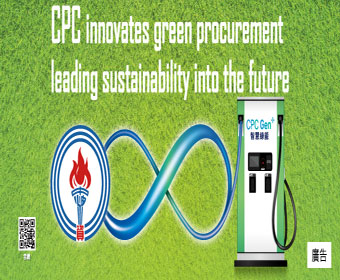Tata’s groundbreaking £4 billion battery cell gigafactory in Somerset, UK, heralds a significant advancement for the country’s automotive industry. Set to be the first of its kind in the UK with a remarkable capacity of 40 GWh, capable of powering approximately 500,000 electric vehicles annually, the plant holds tremendous promise.
The announcement comes at a crucial time, as the UK’s automotive industry faces stiff competition in the global race towards electrification. While the government has been criticized for its slow progress in establishing a domestic battery supply chain, Tata’s initiative signals a positive shift in the right direction.
However, along with this exciting development, there are some challenges that the UK automotive industry must confront to maximize the benefits of the new battery plant. The rules of origin requirements stipulated by the UK-EU trade deal demand that 45% of an electric vehicle’s value must originate from the UK or the EU to avoid tariffs.
This poses a potential obstacle for UK-based automakers, who may find it challenging to compete with rivals in countries with lower labor costs or greater access to raw materials.
Furthermore, the lack of technological expertise in the UK battery industry is another concern. With the Tata plant being the first of its kind in the country, it remains uncertain whether there are sufficient skilled workers to operate it. While the government has been investing in training programs to address this issue, building up the required skills base will inevitably take time.
Notwithstanding these hurdles, the Tata battery plant represents a substantial stride forward for the UK automotive sector. Its establishment is expected to generate employment opportunities, boost the economy, and elevate the UK as a prominent producer of electric vehicles.
In light of this development, it is imperative for the UK government to provide increased support for the development of a domestic battery supply chain. This entails offering financial incentives to battery manufacturers and streamlining the regulatory process to facilitate smoother operations.
Collaboration between UK-based automakers and battery manufacturers is essential to foster innovation, leading to cost reductions and enhanced performance in electric vehicles.
Moreover, attracting foreign investment from battery manufacturers will not only create jobs and boost the economy but also foster healthy competition within the battery market.
Ultimately, the UK automotive industry stands at a crucial crossroads. It can either lag behind other nations in the electrification race or seize the opportunity presented by Tata’s ambitious project to establish itself as a global leader in electric vehicle production. The choices made in the coming years will shape the future of the UK car industry and its place on the world stage.
The post Tata’s new battery plant in Somerset: A boon for the UK automotive industry first appeared on Logistics Asia.
















